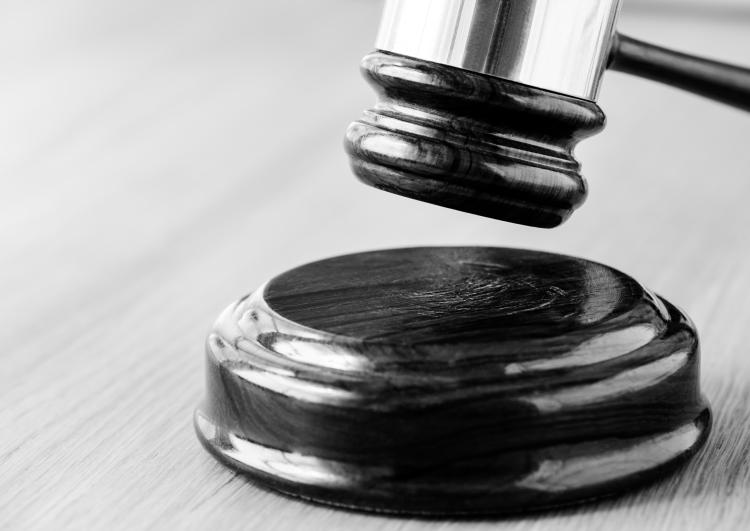
The lower chamber of the Belarusian parliament re-introduced criminal liability for the activities of unregistered organisations (including religious organizations, political parties and foundations) with the addition of Article 193-1 in the Criminal Code. Just before the end of the year, the article was passed by the Upper House and will come in force after it is signed by the President and 10 days after its official publication and the preliminary constitutional checking.
The text of the proposed Article 193-1 is almost identical to the text that was removed in 2019 imposing a penalty of financial fine, or arrest for up to three months, or imprisonment for up to two years for unregistered organisations. The only novelty is that this article would not apply where the more severe case in Article 423-1 of the Criminal Code would be applicable - concerning violations of decisions to suspend organizations recognized as extremist.
Article 193-1 of the Criminal Code has been suspended since July 2019, as it was criticized as not conforming to human rights standards. During the period in which it was in force (2005 to 2019) the court issued sentences against at least 18 individuals, and the Prosecutor's office issued hundreds official warnings. In 2011, the Council of Europe’s Venice Commission in special opinion on Article 193-1 of the Belarusian Criminal Code stated that “by its very existence Article 193-1 has a chilling effect on the activities of Non-governmental organizations” and that “the restriction is so severe that it not only restricts freedom of association but also freedom of opinion and expression to an unjustifiable degree.”
Belarus has very strict registration requirements for CSOs, which provide the authorities with a wide range of possibilities to arbitrarily deny registration of any new organisations. Moreover, the return of Article 193-1 is extremely troubling, in a time when around 300 CSOs were involuntarily liquidated by state decisions and around 200 CSOs engaged in self-imposed dissolutions (as a result of either the hostile legal environment or because of “recommendations from the authorities” during the summer and autumn of 2021). The re-introduction of this punishment under Article 193-1 could become a new tool of repression silencing civil society.
Amendments to the Criminal Code of the Republic of Belarus (after second reading)
ARTICLE 193.1 “THE ILLEGAL ORGANIZATION OF THE ACTIVITIES OF A PUBLIC ASSOCIATION, RELIGIOUS ORGANIZATION OR FOUNDATION OR PARTICIPATION IN THOSE ACTIVITIES”.
The organization of activities or participation in the activities of a political party, other public association, religious organization or foundation in respect of which a decision of the public authority on its liquidation or suspension of its activities has entered into legal force, as well as the organization of and participation in the activities of political parties, other public associations, religious organizations or foundations which has not obtained state registration as prescribed by law, if there are no indications of a crime under Article 423-1 of this Code, -- punishable by fine or arrest, or imprisonment for a term up to 2 years.
Notes:
-
By participating in the activities of political parties, other public associations, religious organizations, or foundations in this article there are meant actions aimed at achieving the objectives of these parties, public associations, organizations, or foundations, including those identified in the organizations’ statutory and other documents.
-
This article shall not apply to the organization of activities or participation in those of political parties, other public associations, religious organizations or foundations in respect of which a decision of the public authority on their suspension has entered into force, in case when these activities are aimed at elimination of the violations that had given rise to suspension of activities, and to the organization of activities or participation in the activities of political parties, other public associations, religious organizations or a foundations which is connected to obtaining their state registration as prescribed by law.
-
A person who voluntarily terminates his/her activities, punishable under this article, and informs government bodies about this decision, shall be exempt from criminal liability if he/she has not committed other crime. This provision does not apply to persons who have committed similar acts in 2 years following the voluntary termination of activities, punishable under this article.
